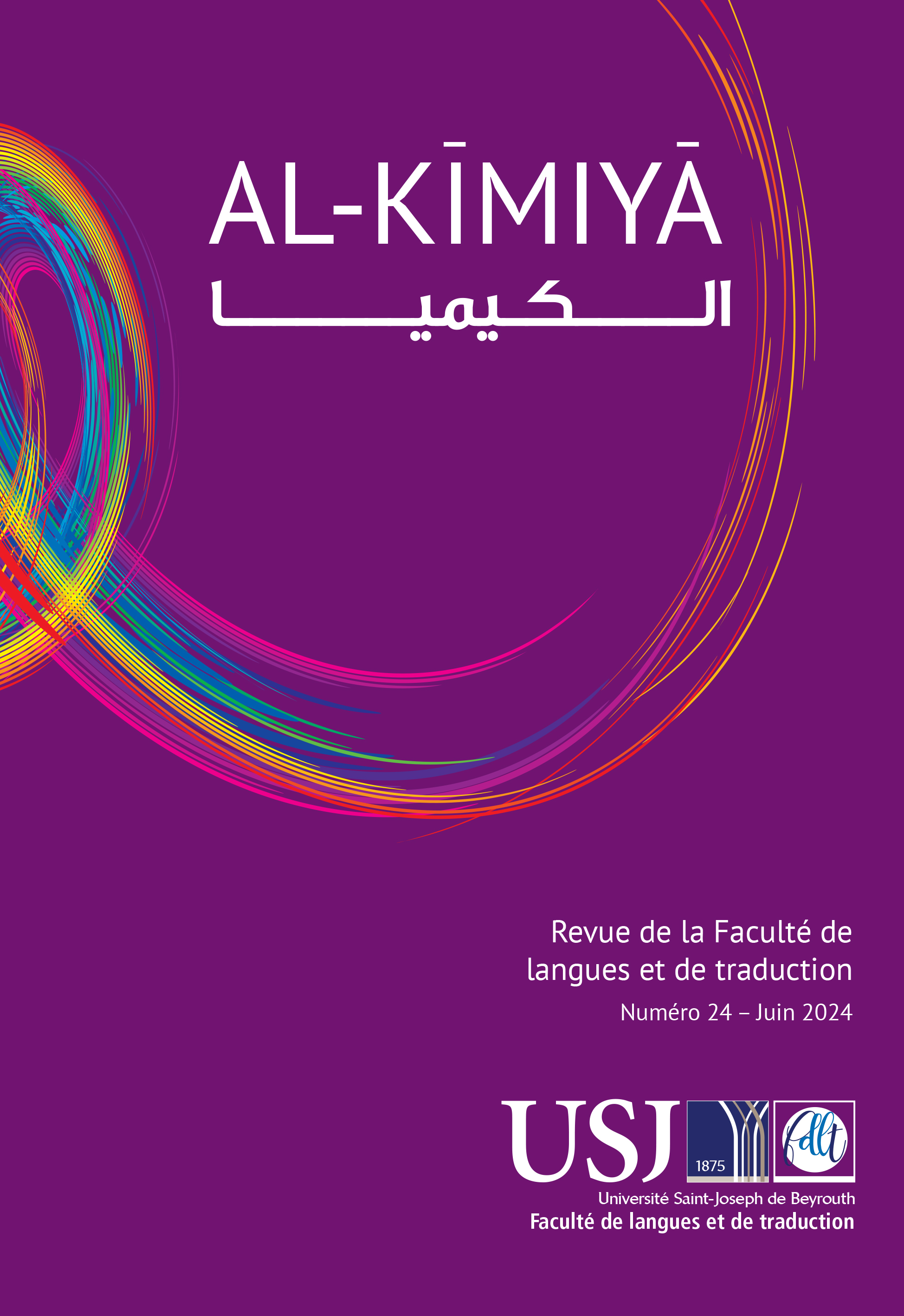Abstract
“In Africa, an old person who dies is like a burning library”, emphasizes Amhadou Ampaté Bâ. This statement highlights the significant role of an elderly person who, in Madagascar, stands as the guardian of the knowledge governing social harmony. It has become a tradition for the youth to gather around the elders or “masters of speech” to benefit from teachings transmitted through legends, proverbs, and stories. In this context, the essence of oral tradition, closely connected to humanity, reveals its worldview while maintaining its ultimate mission: the preservation of culture. Considering this perspective, we will examine Malagasy literature in French under the theme: “From Oral to Written: Towards a Translation of the Social Status of Literature in L’arbre anthropophage by J.-L. Raharimanana.” Inspired by Malagasy oral tradition, the narrative reflects the forgotten memory of a people. Derived from themes drawn from Malagasy history and culture, it punctuates traditional values while promoting solidarity and a sense of belonging. With this in mind, we consider intertextuality as a method of analysis to establish the ethics aimed at by oral tradition and conveyed through writing, namely advocating a return to roots as insurance for better development and defense against cultural attacks.

